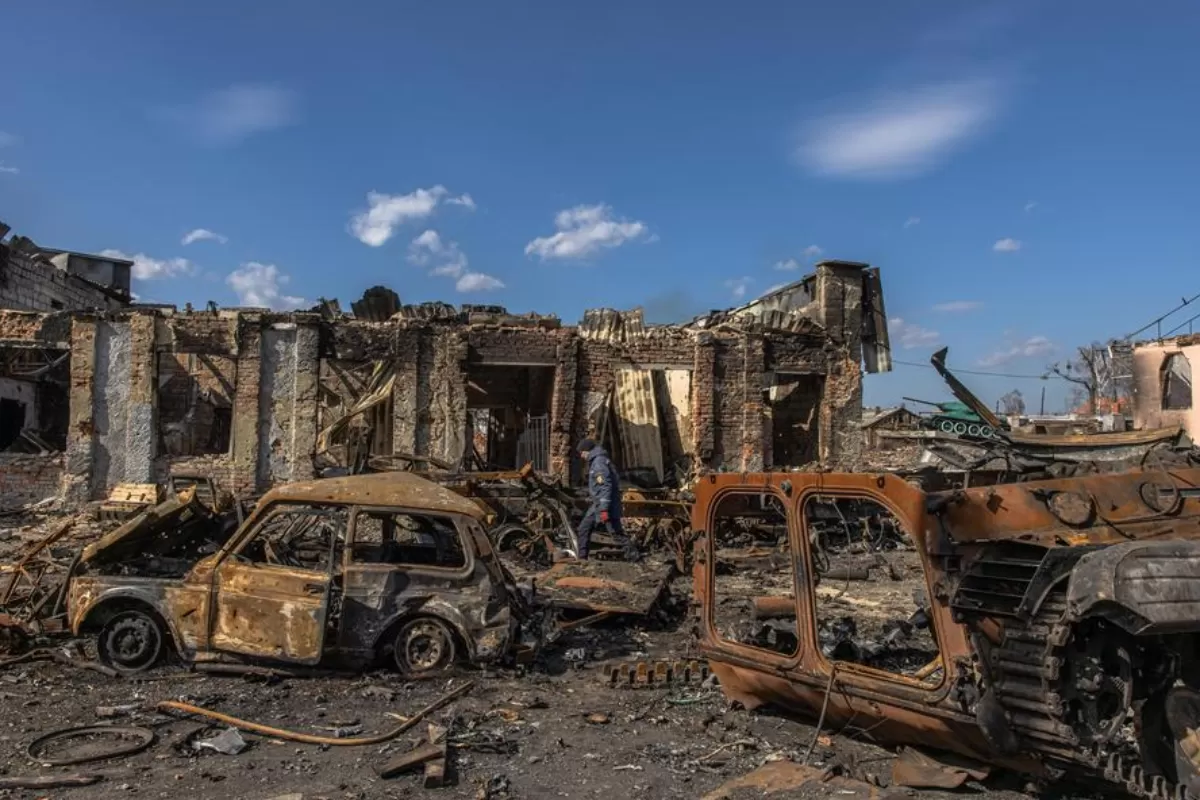
NATO / US are forcing Ukraine to fight against Russia for the latter to be defeated and Vladimir Putin overthrown. The narrative falls into the category of Russian propaganda that seeks to shift responsibility for the war from the aggressor to the victim (Ukraine) and its supporters (NATO). In Romania, the narrative is promoted by Ion Cristoiu, an active promoter of pro-Russia disinformation in the public space.

Ukraine will attack the US Embassy in Lviv and will blame Russia with a view to forcing NATO to enter the war, according to a recent propaganda narrative fostered by the Russian state media, which quotes a statement of the Russian Defense Ministry spokesman.
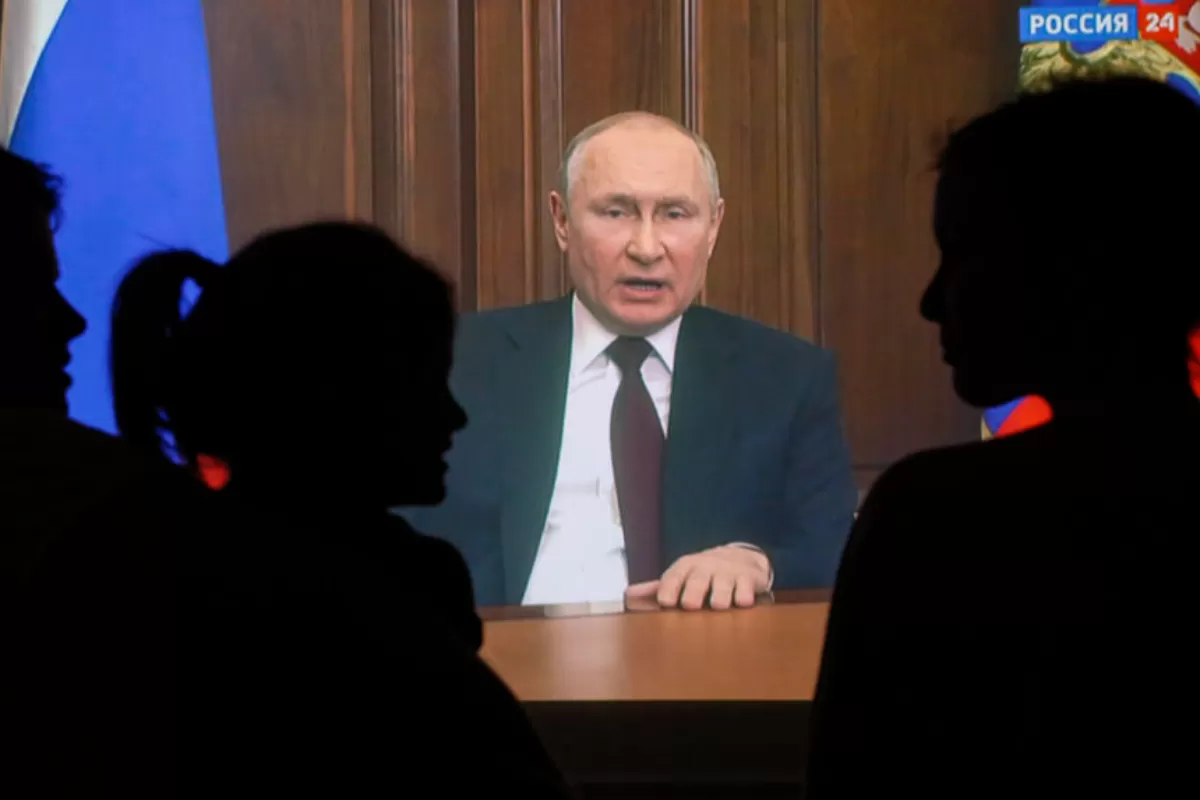
Putin wants to change the European Order, and he probably will, just not the way he imagined. The war in Ukraine, which has prompted a reaction in block in the West, throwing sanctions at Russia from all sides, might just be the last for Putin. But perhaps the most important development is the restructuring of NATO forces on the eastern flank.

The Republic of Moldova has violated its neutrality status since it allows NATO to deliver weapons to Ukraine, currently at war with Russia, which invaded this country on February 24. This false narrative is promoted by politnavigator.net, which references a commentary of a Russian expert.

NATO is flooding the Republic of Moldova with weapons in an attempt to boost its partnership with this country. The purpose of NATO is to drag Moldova into a war with Russia. These false narratives are promoted despite the fact that Moldova’s NATO accession is not up for debate.
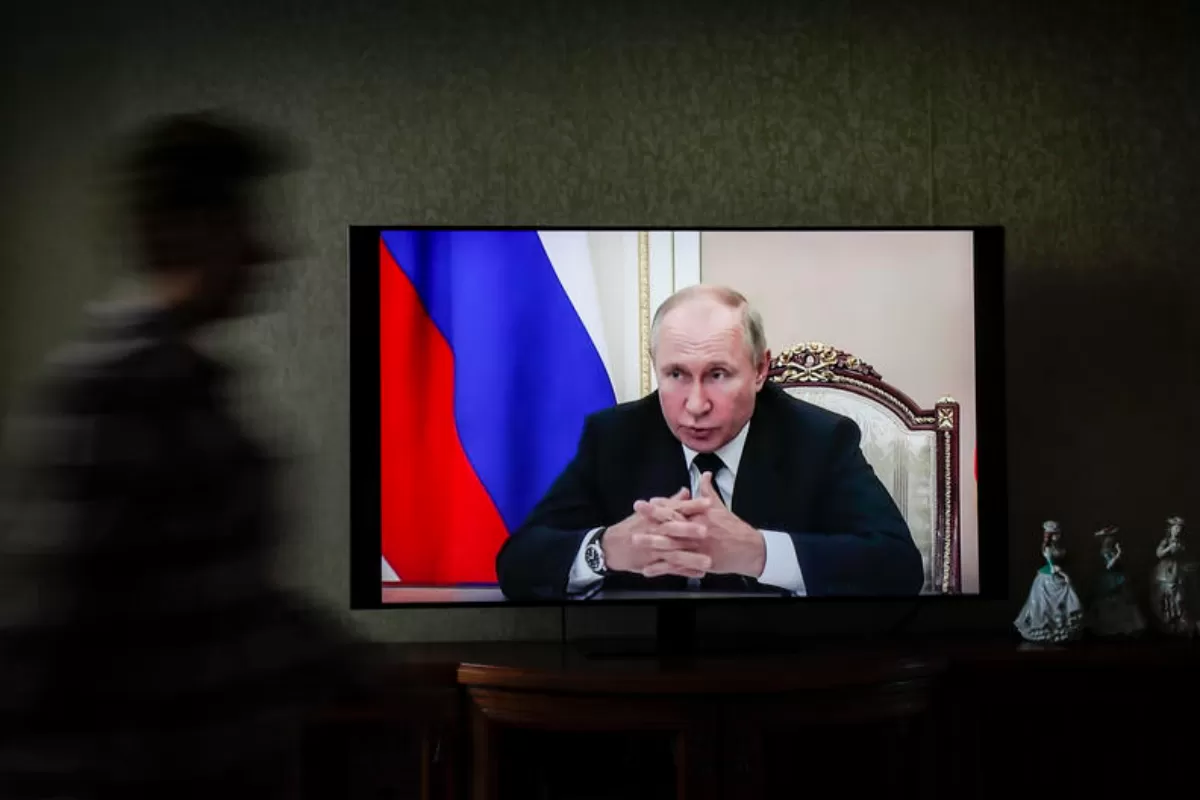
The West is escalating the situation in Ukraine, the main Kremlin propagandists keep on claiming, while Russia has amassed troops and equipment near its border with that country. The narratives are aimed at making the West responsible for the situation in Ukraine and justifying the Russian aggression.

Upsizing the NATO forces in Romania doesn’t makes any sense, as Russia does not intend to attack other states and promotes peace, according to the Russian MFA spokesperson. She ignored, however, the very reason for strengthening NATO's presence in the East: Moscow's aggressive policy.

Ukrainians expect anything from Russia and know that if it attacks them again, they will have to defend themselves, not wait for help from elsewhere, according to the a.i. charge d’affaires of Ukraine in Bucharest, Păun Rohovei. In an interview granted to Veridica and Breaking Fake News, the diplomat warned that a new invasion would be extremely costly for Moscow.

Ukraine is being pushed by the US towards war, and the Americans want to deploy in that country missiles targeting Russia, according to narratives promoted by the main Russian TV channel. It also claims that the fate of Ukraine will be decided by negotiations between the great powers.

Romania has appointed Cristian-Leon Țurcanu, a NATO expert, as its designated ambassador in Chișinău. Țurcanu will replace Daniel Ioniță, a vehement supporter of unionism. The narrative is launched in the context of a broader regional crisis, Russia having ramped up its disinformation over an alleged NATO threat to ex-Soviet space.

NATO enlargement is a threat to Russia, and the United States is arming and preparing Ukraine for war, says the Kremlin's main propagandist Dmitry Kiselyov in a nearly two-hour show that reflects the Kremlin's views on international politics.

The crisis in Ukraine is also marked by an increased output of false narratives meant to discredit NATO and undermine confidence in it. Romania has also been the target of such narratives – claiming that it’s preparing for war, mobilizing its reservists, has a weak army, equipped with outdated equipment, etc. Veridica talked to the head of the Information and Public Relations Department of the Ministry of National Defense, Brigadier General Constantin Spînu, about the efforts made by the army to fight back the disinformation that targets it.

The Western Balkans appear to be playing an increasingly important role in Russia's plans. Through its leverage in the region, Moscow is able to generate enough problems that require the attention of the West and diminish its ability to manage crises elsewhere - for example in the former Soviet Union.
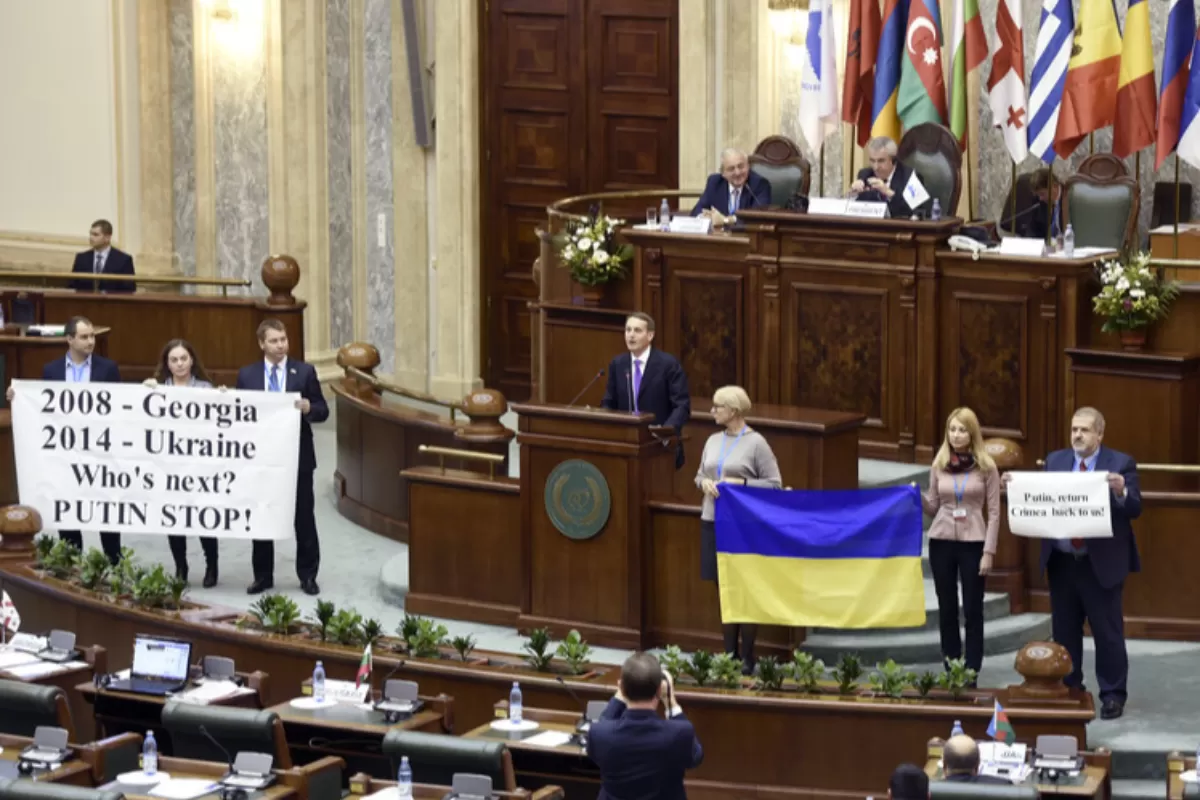
Romania will be partitioned by its neighbors if it decides to fight alongside NATO in a war against Russia. This false narrative was launched on the Romanian media market with a view to eroding public confidence in NATO, and to demonstrate that Russia is not the aggressor in the current crisis in Ukraine.

NATO is threatening Russia and is rallying a sizable force close to its borders, the Kremlin-linked media claims. In fact, NATO is merely consolidating its eastern flank, in response to Russia’s threats, whereas the troops the Alliance has mobilized represent a fraction of the over 100 thousand troops Moscow has massed.

The Republic of Moldova is preparing to relinquish its neutrality status and hand over control over its armed forces to NATO, according to a false narrative carried by the Russian media. In fact, Moldova has merely renewed its Action Plan with NATO, a periodic process that has nothing to do with neutrality or NATO accession.
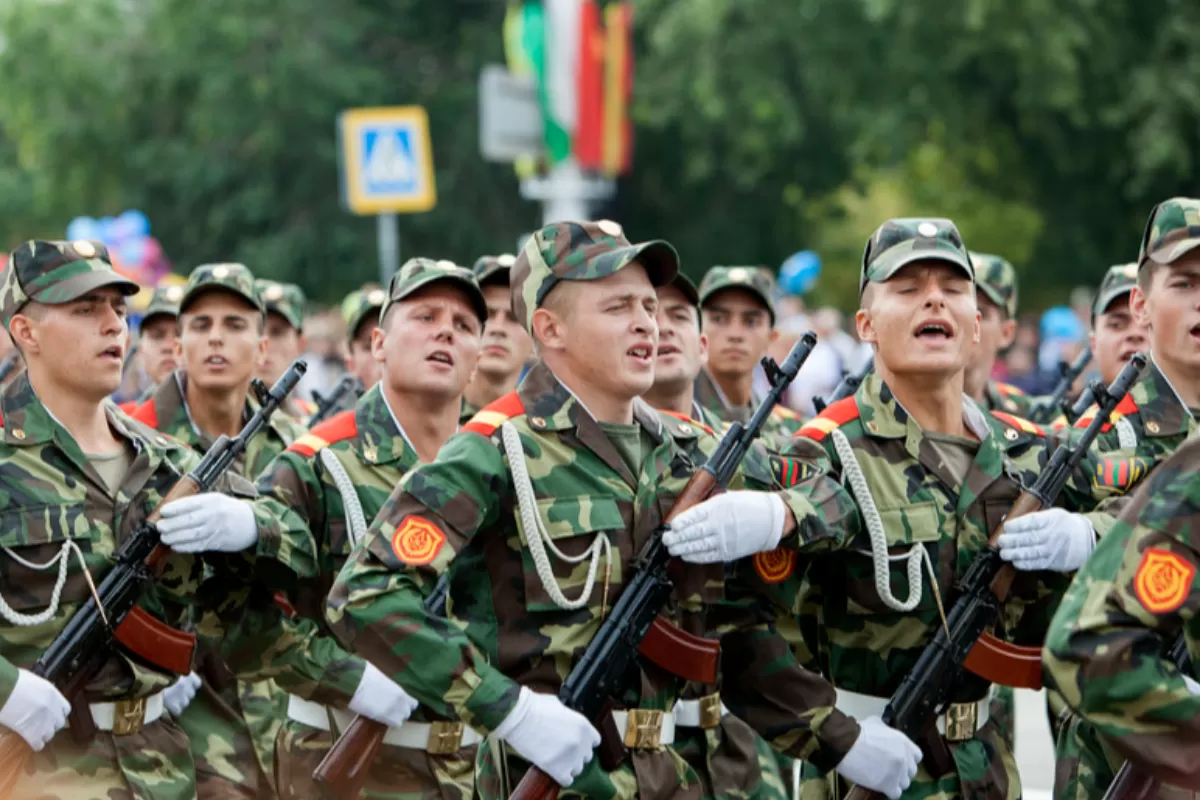
The crisis in Ukraine has generated a great deal of concern in the Republic of Moldova as well, considering that a possible conflict might also spread to its territory, in Transnistria.
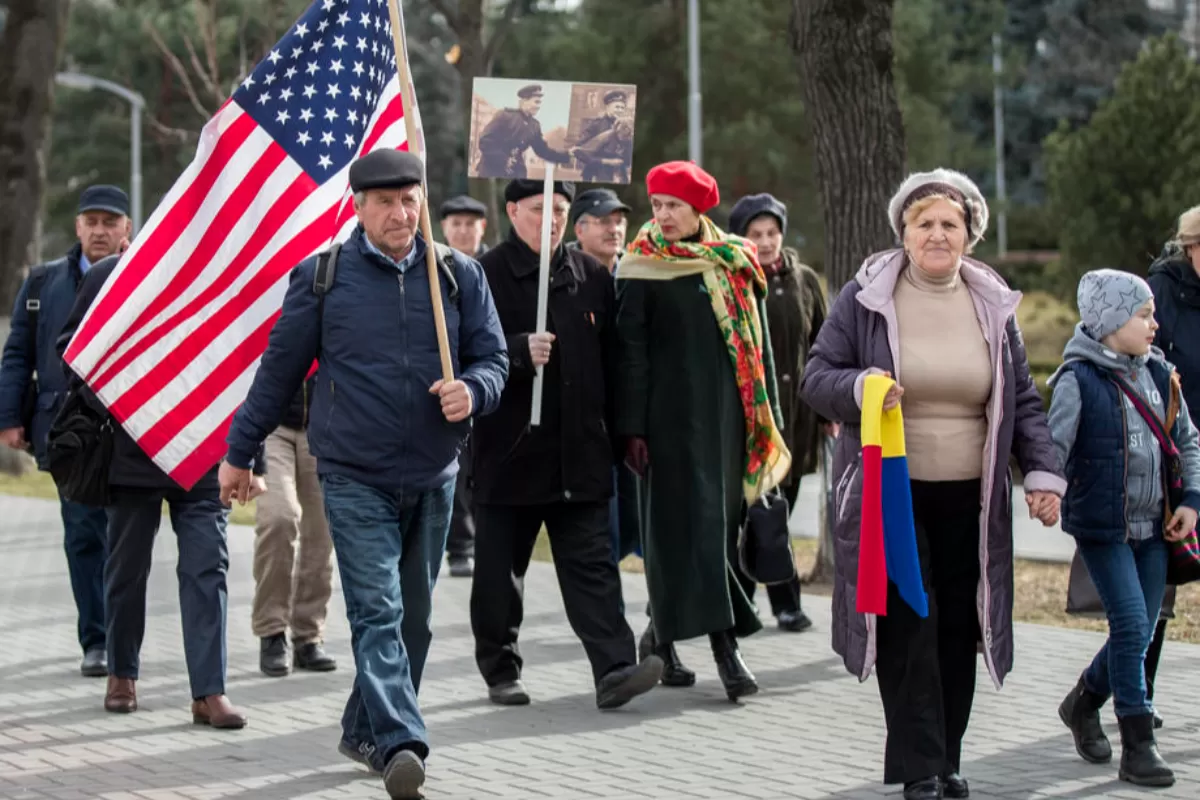
Romania threatens the existence of the Republic of Moldova, although it is a weak state that will lose all its influence when NATO, caving in to Russia’s pressure, will shut down its bases on Romanian territory. The narratives are launched in the context of growing regional tensions and Russia’s requests that NATO should pull back to the West.

NATO's refusal to accept Russia's latest demands against the background of the crisis in Ukraine has heightened fears that Moscow is preparing for war. It is a possible scenario, but one that would be extremely costly for Russia, even if it wins the fighting on the ground.

Odessa, a port-city in southern Ukraine, has been turned into a NATO military base, according to a new narrative published by the Russian media, which also condemns NATO military exercises in the Black Sea and labels Odessa and southern Ukraine Russian territories under foreign occupation.
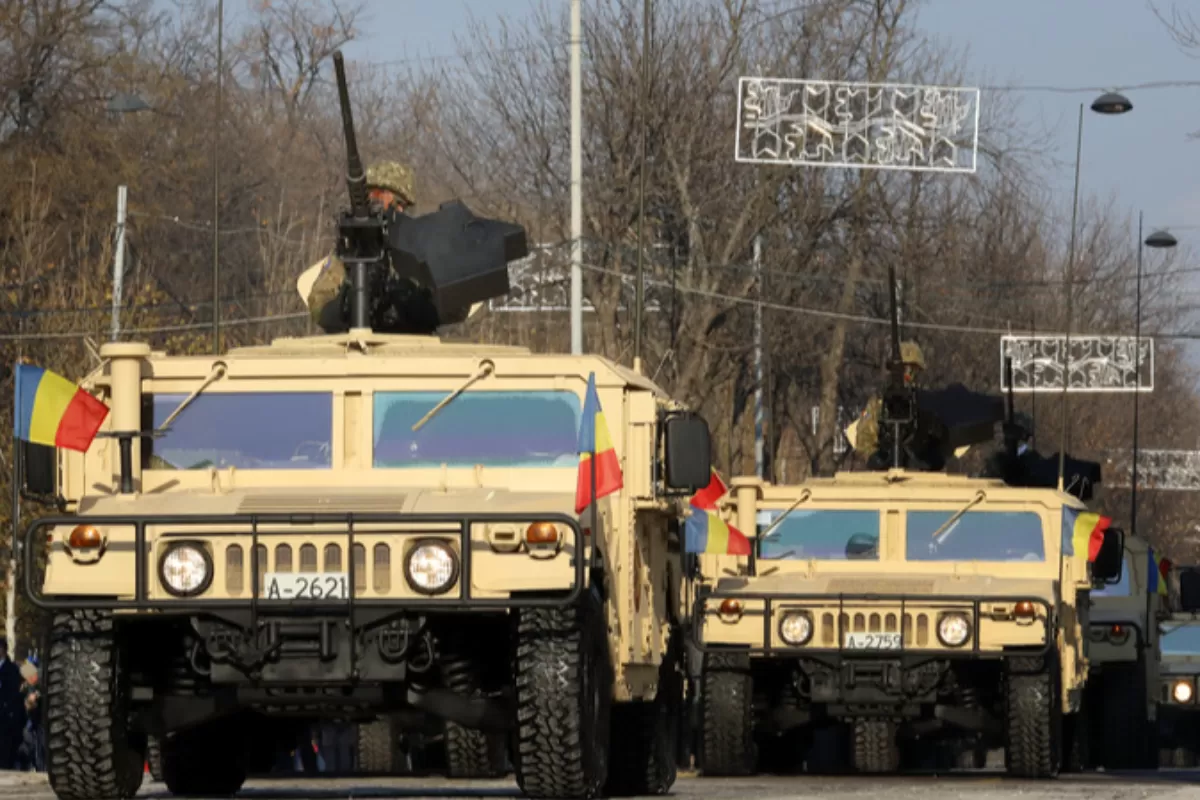
Romania has been dragged into a trap by its NATO allies to send military equipment, troops and instructors to Ukraine, but when Russia will start the war against this country, Bucharest will be left to stand alone, according to a false narrative published by Evenimentul Zilei.
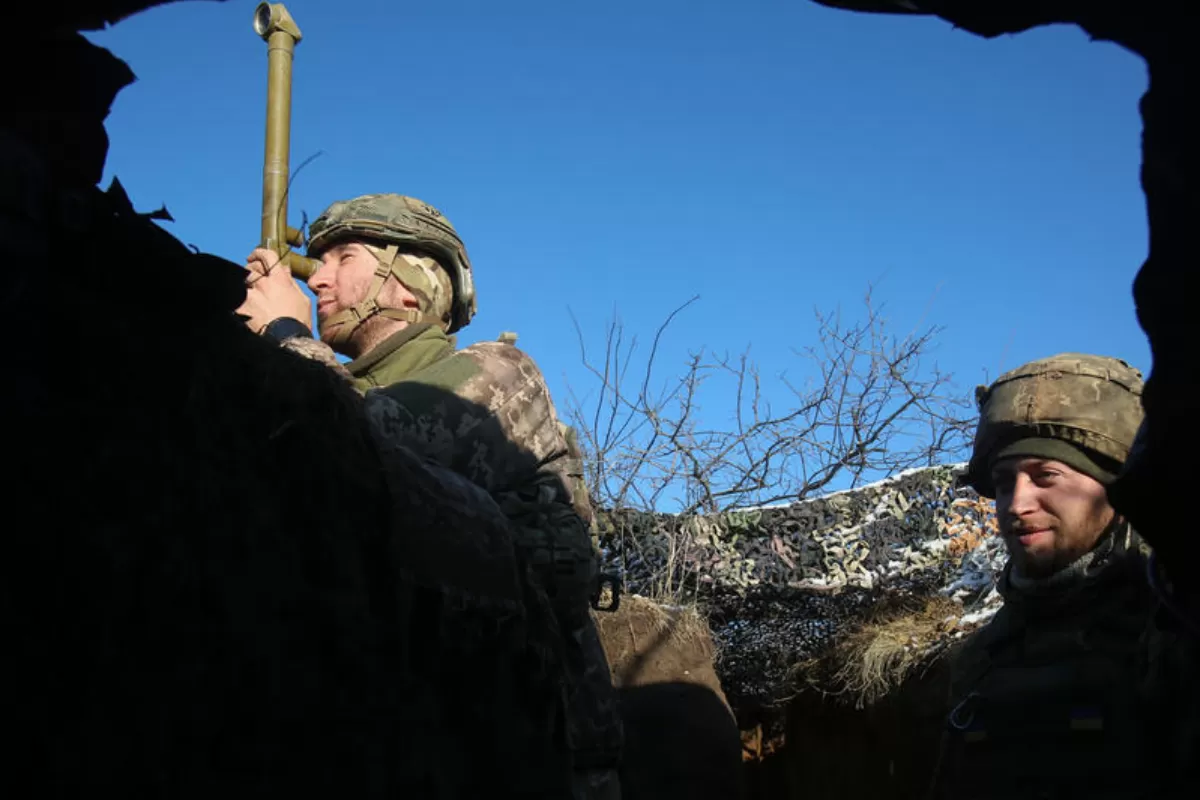
The UK allegedly called on NATO to admit it stands accountable for the crisis in Ukraine and to recognize the West’s destabilizing actions, the Russian state media writes. This false narrative echoes an obscure British publication with no connection to government sources.

Romanian troops are expected to take part in Ukraine’s military operation aimed at retaking Crimea.

Romania will neighbor Russia, once the Russian army have conquered a large part of Ukraine and cut its access to the Black Sea. Also, Russia will conquer the east and south of Ukraine, along with the Transnistria region in the Republic of Moldova.

The US, Romania and the Republic of Moldova are preparing to attack Russia's main strategic sites in the Transnistrian separatist region, such as the former USSR arms depot in Cobasna, according to Kremlin’s propaganda arm, Sputnik. The narrative is being promoted while tensions are building up around Ukraine as Russia is concentrating troops in the area.

The latest espionage scandal in Italy, whereby an Italian officer with access to confidential NATO information was caught red-handed while selling secret documents to a Russian military attaché, once again highlights hostile Russian actions against NATO. The resurgence of such activities occurred especially after the Euromaidan and the annexation of Crimea by the Russian Federation in 2014.
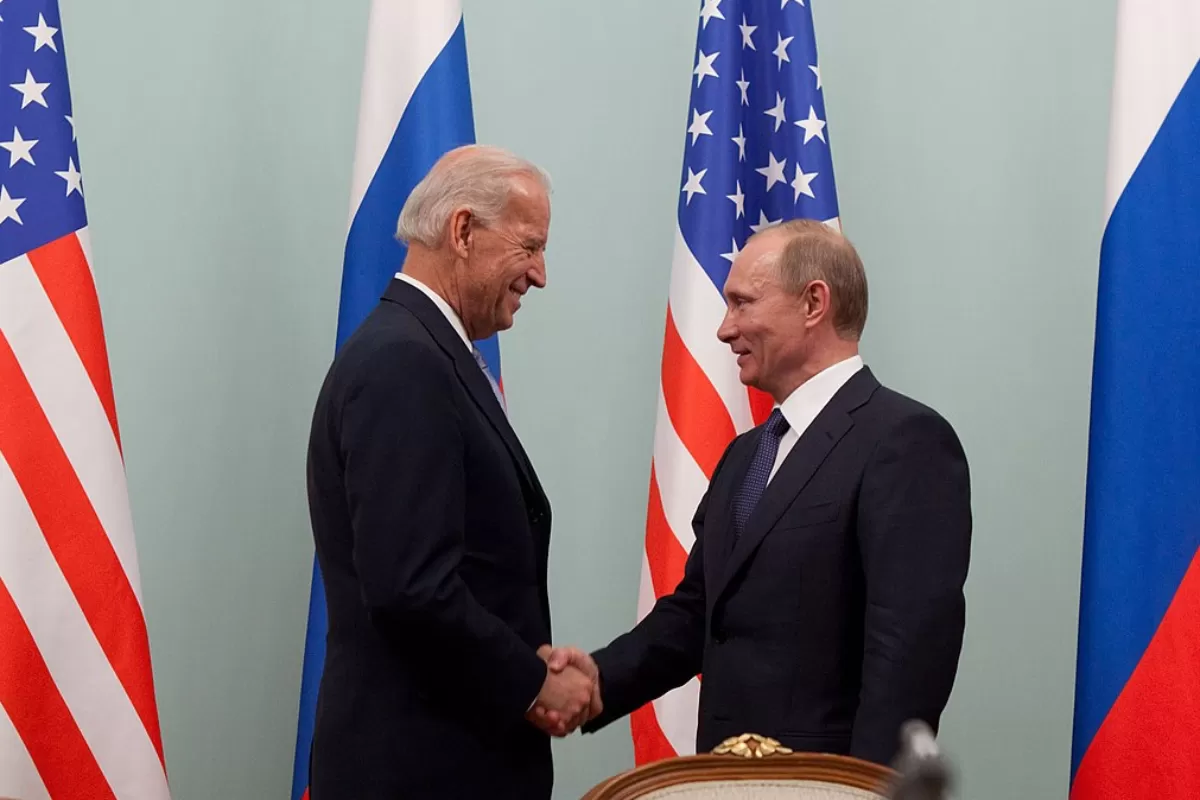
The latest tensions between presidents Joe Biden and Vladimir Putin are definitely giving political analysts from all over the world a headache, as they try to decrypt the discourses of the two presidents and somehow foresee where they’re leading. The United States and Russia have a number of imporant topics on their current agenda, such as the developments in Ukraine, Syria, the Iranian nuclear file or the situation in Northern Africa. USA and Russia also fell out over the poisoning and sentencing of opposition leader Alexei Navalny, the SolarWinds cyber-attacks scandal and Moscow’s bounties on US troops in Afghanistan.

President Volodymyr Zelensky is selling his country to American multinational corporations, Ukraine is being turned into a colony of the West, and Russia will be wrongfully driven out of its traditional sphere of historic influence. The Russian media has been promoting these narratives, starting from an interview Yulia Svyrydenko, the Deputy Head of the Ukrainian President’s Office, gave to the “Atlantic Council”. Her statements are taken out of context.
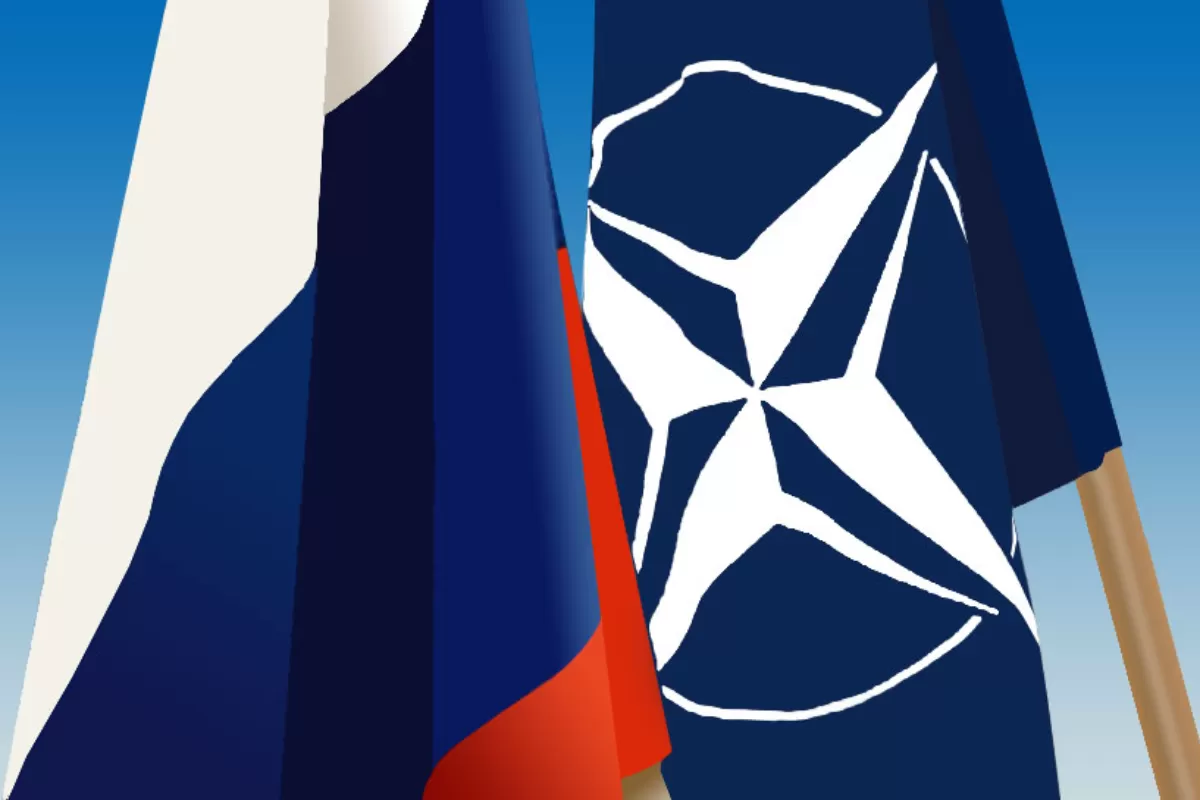
The North-Atlantic Treaty Alliance needs “the Russian threat” to keep going, as this is its only reason of existence. This fake narrative has been promoted by Sputnik, Russia’s public mouthpiece, quoting the statements of a Russian senator.

The Libyans who took to the streets on February 17, 2011 had been called to a "day of rage." A little later, the revolt against Muammar Gaddafi - who at the time was the longest-lived but also the most eccentric tyrant in the Arab world - would be called the "February 17 Revolution." In retrospect, that is the time when the Arab Spring turned into the great war for the Arab world.

American tanks couldn’t invade Russia and would be facing the same difficulties German armored divisions did during the Second World War. This fake news underscores narratives about the attack plans of NATO and the USA, while also referring to metanarratives linked to the Second World War.
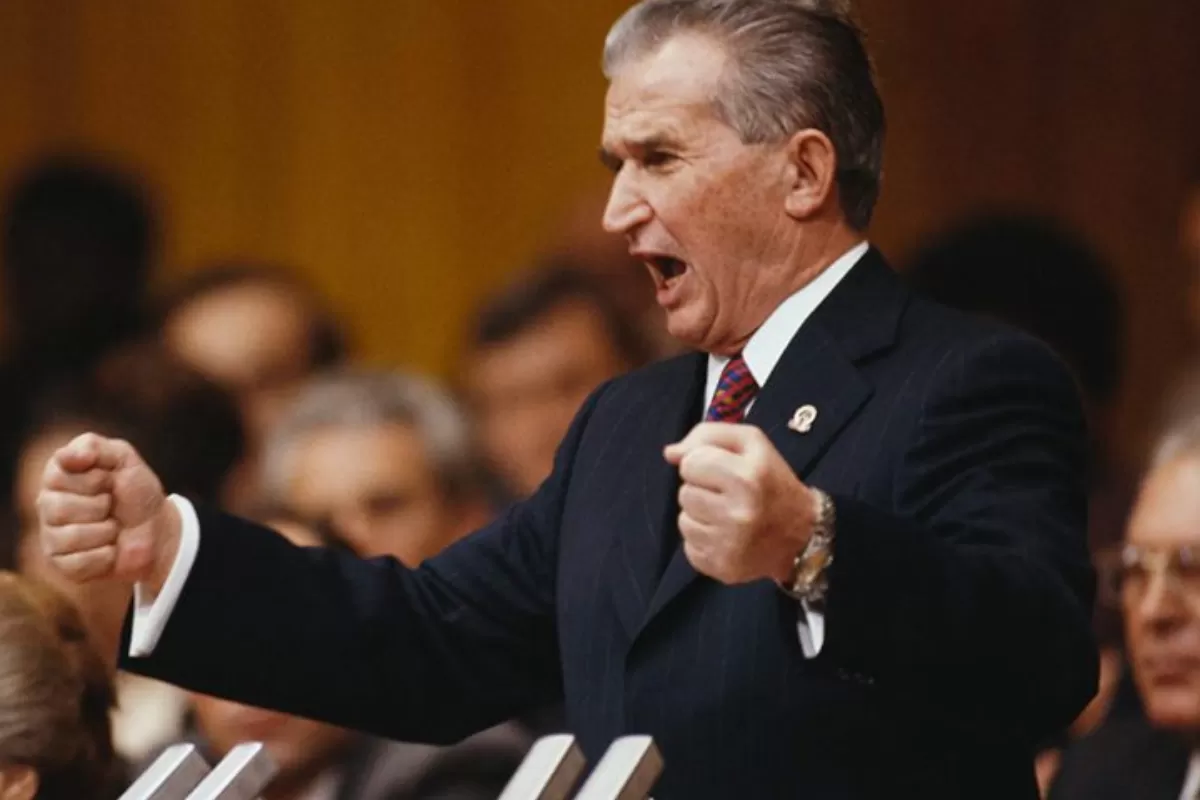
Sputnik has now joined the current trying to rehabilitate Nicolae Ceaușescu and advance the idea that he was a great leader and patriot, and Romania thrived under Ceaușescu. Some of the concepts are similar to those of proto-chronism, national-communism and sovereigntist lines of thought.